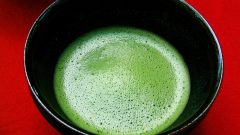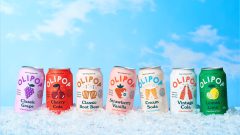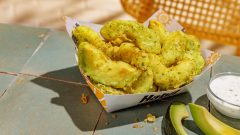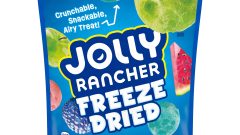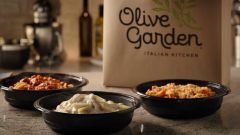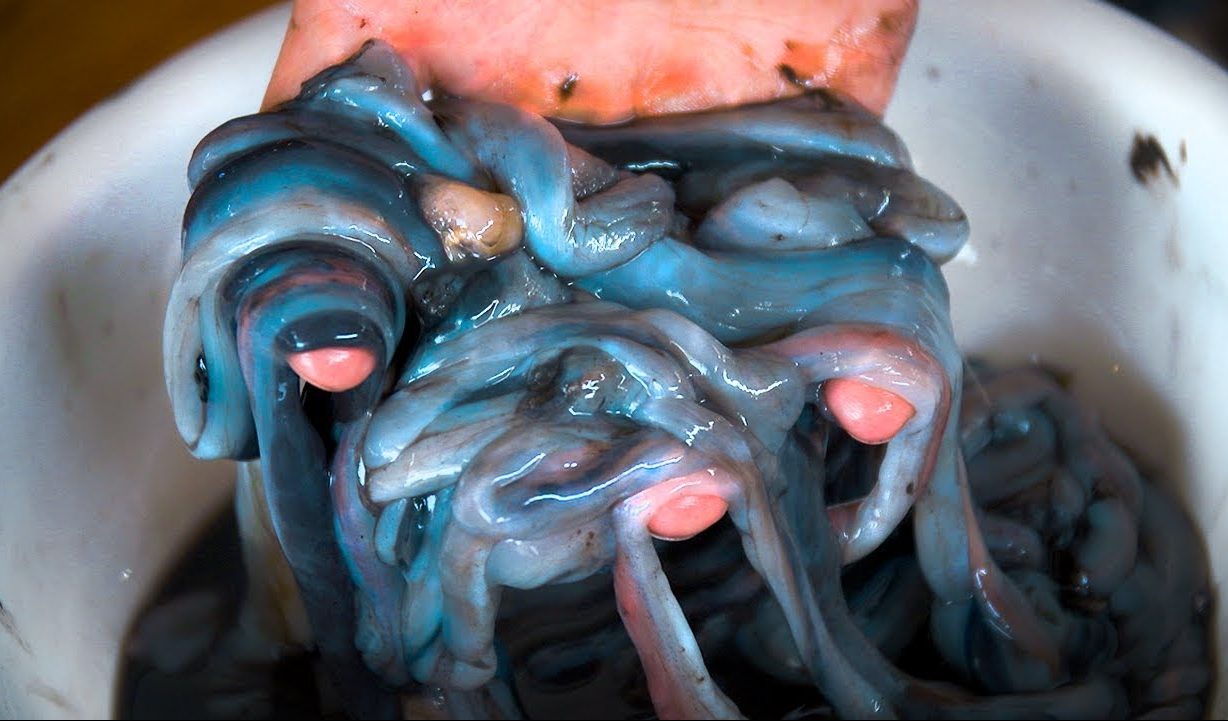Meet The Opal Apple: A Non-GMO Apple That Doesn’t Brown
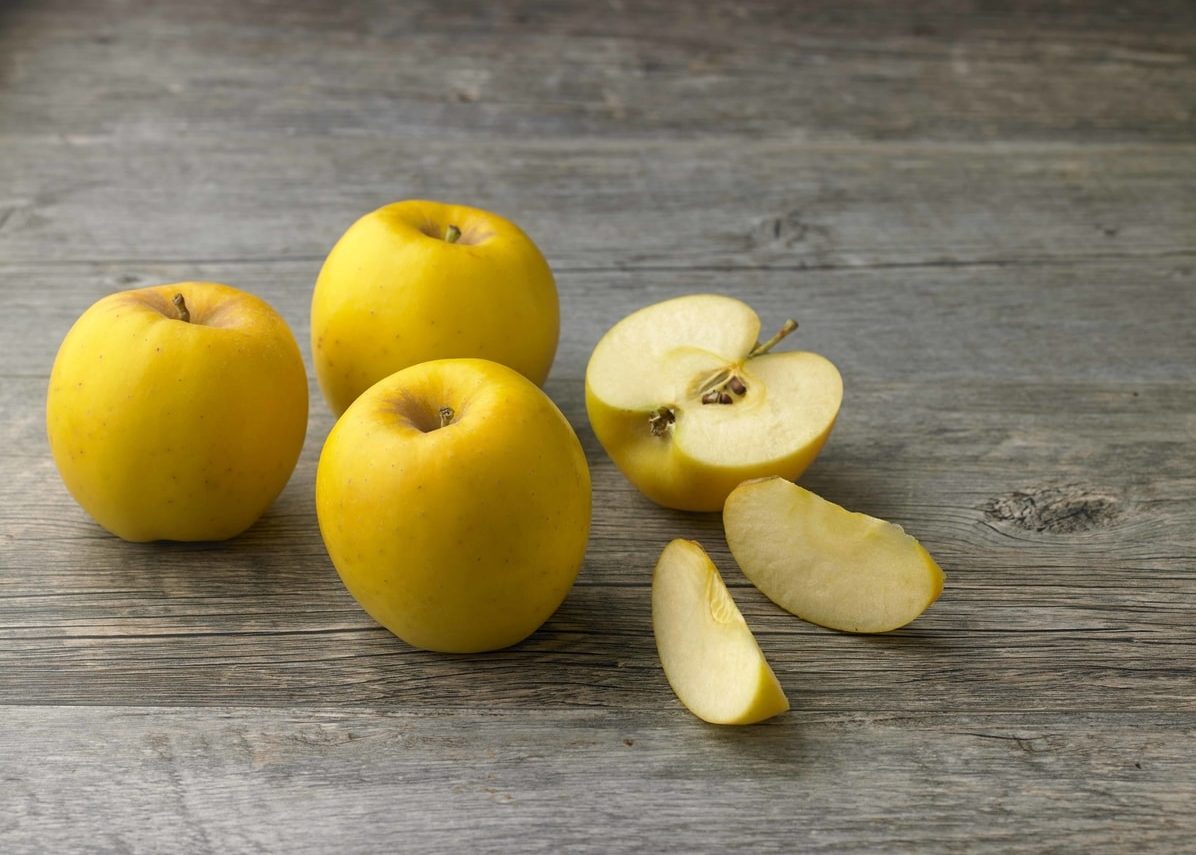
At the beginning of this year, a GMO fruit called the Arctic Apple hit some grocery stores in the Midwest. The apple was genetically altered to prevent it from going brown, a technology meant to help reduce apple waste and increase consumer appeal. However, the Arctic Apple may be an unnecessary innovation, as a non-GMO non-browning apple has already been cultivated and is in stores.

Photo courtesy of FirstFruits Marketing
This apple is called the Opal apple, and it’s a naturally-bred variety that has several advantages to the Arctic. The Opal is currently distributed and sold by FirstFruits Marketing, a grower-owned collective in Washington. General manager Chuck Zeutenhorst and marketing partner Adam Brady told Foodbeast that the Opal apple is a natural cross between Topaz and Golden Delicious apples that contains less of the gene that causes apples to go brown.
“The Arctic is just a Golden Delicious apple. The gene has been silenced, more or less, to defeat that browning. But it’s the same flavor profile as a Golden Delicious. Opal isn’t just non-browning, but it also has this amazing flavor profile, where it’s sweet, crunchy, very crisp, a little bit of tang on the end of it. It’s important to be natural, but it sets itself apart in terms of variety as well.”
Not only is the Opal apple non-GMO and more flavorsome, but it also has a larger distribution profile. Zeutenhorst and Brady cited several major retailers across the nation that already carry their naturally non-browning fruit. Sprouts, Raley’s, and Whole Foods were a few major examples.
The Opal apple is originally from the Czech Republic, where it was first conceived in 1999. It was then cultivated by FirstFruits starting in 2010, and this year marks the fifth crop of Opal apples that are in stores. The conventional Opal apple season ranges from November to March, and the organic seasons lasts from October to December. Thus, you should already be able to find organic Opal apples in stores, while the latest batch of conventional fruit should arrive soon.
This non-GMO non-browning apple questions the validity of developing a fruit like the Arctic apple, which consumers don’t prefer due to it’s GMO nature. While genetic modification is important for other crop functions like disease resistance, the Opal apple’s superiority to the Arctic shows that we don’t need to develop genetically engineered food to solve every issue. Sometimes, it’s better to just leave it up to nature.

